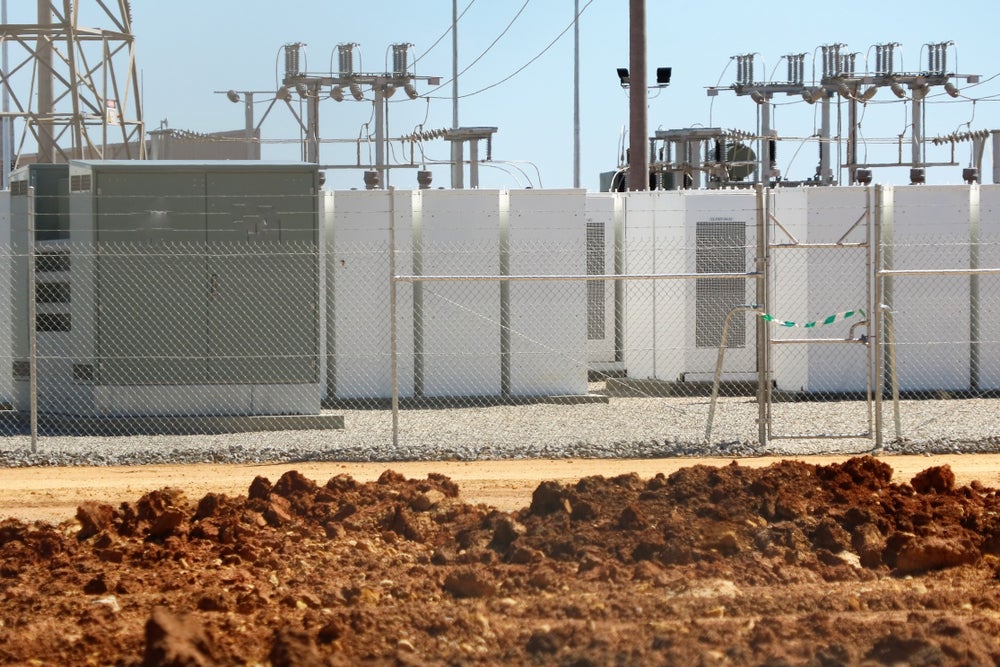
The European Commission has approved a €1.1bn ($1.2bn) state aid energy storage scheme from the Government of Hungary.
The scheme was approved under the EU’s Temporary Crisis and Transition Framework, which was was adopted in March to let national governments support sectors that are central to the net-zero transition.
Hungary aims to support the installation of 800MW (1,600 megawatt-hours) of large-scale electricity storage projects through the scheme.
“This €1.1 billion Hungarian measure will facilitate the development of electricity storage capacity. The Hungarian electricity system will be more flexible,” said Margrethe Vestager, executive vice-president of the European Commission in a statement.
The measure will be open to companies that are active in Hungary’s energy sector, except financial institutions. It will also be open to cross-border participation, meaning storage projects in neighbouring member states, taking into account the limits of transmission capacity and the share of renewables in the energy mix of those neighbouring countries.
Projects will be selected through a competitive bidding process and contracts are expected to be awarded before the end of 2024. All storage technologies will be eligible.

US Tariffs are shifting - will you react or anticipate?
Don’t let policy changes catch you off guard. Stay proactive with real-time data and expert analysis.
By GlobalDataThe funding will be paid out as both an investment grant during construction and a two-way contract for difference during the first ten years of operation.
The aid will be granted before 31 December 2025 and the recipient storage facilities will have to be in operation within 36 months of the signing of the contract.
Hungary aims for 20% of its energy to come from renewables by 2030. Its government maintains that nuclear generation is essential to meeting its target of 90% of electricity coming from low-carbon sources by 2030.
“Hungary possesses the technologies it needs to advance its transition toward a clean and more secure energy system, which in turn will improve regional energy security,” said International Energy Agency executive director Fatih Birol in a statement on Hungary’s energy sector last year.
The European Association for Storage of Energy suggests that storage in the EU must reach 200GW by 2030 and 600GW by 2050 to accommodate the growing share of variable renewables.



